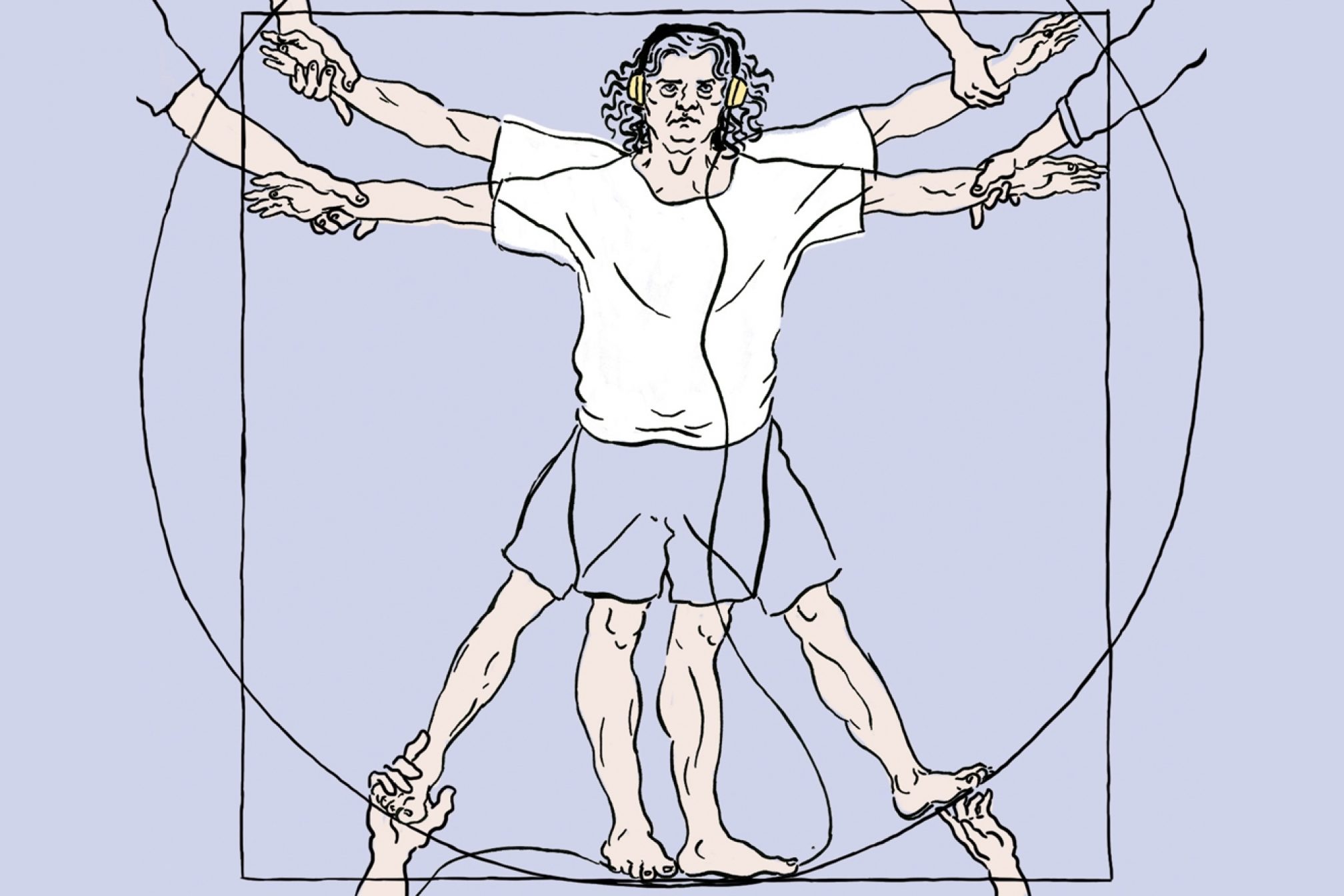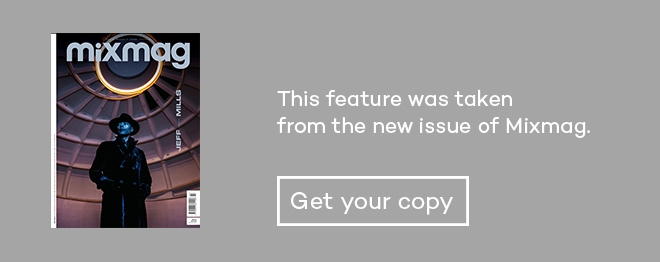 Features
Features
Never too much?: The Secret DJ on how to avoid burnout
Value your health, says The Secret DJ
Dear Secret DJ. I’m aware of the risks of burning out but I’m having some success in getting bookings right now and I just can’t bring myself to say no to gigs. It’s not that I’m greedy for money (I don’t think so, anyway) but I feel like, ‘what if this demand doesn’t last’? How many gigs are too many? Is it OK to say no, and how do I learn to say it? M, Miami
When I heard about Avicii’s death and the overwork that might have precipitated his depression, the only surprise I felt was that it had taken so long for the industry to recognise it as a bad thing. A lot of this depends on your personal capacities. I know that when I started out you literally could not get me to stop. And it is a very different story to be doing four or five gigs every weekend internationally, rather than merely your locale. Miles on the clock mean as much as years in the game. I would say that being physically and logistically able to do gigs, and the issue of over-saturation, are different. The hazards of overwork rather than overexposure are very clear. There are lesser dangers than dying tragically young. The body is a delicately balanced ecosystem: not sleeping properly and constantly messing with your circadian rhythms can lead to quite serious medical issues – quite aside from chiselling away at your motivation and creativity.
If you’re a full-time professional your bookings are likely to be handled by representatives, and if you’re unlucky or unwise in your choices you’ll, soon learn the simple lesson at the centre of everything: the industry that profits from your work rarely cares a jot about you, and you need to look out for yourself. I grew up imbibing the subliminal message that being an awful person while peaking, then dying young, was the best thing in the world. It was my life’s ambition to be a rock ’n’ roller. So it felt ‘right’ never sleeping or eating and being out of my mind. I never got to say no because they didn’t even like to hear ‘Hang on a minute’ or ‘Can this even be done in an hour?’ ‘No’ only comes at the end. ‘No’ is the point at which the industry has cast you as a problem.
The music industry glorifies, exacerbates and enables: from the person who thinks 15 minutes is fine to make a connecting flight across a vast airport you’ve never been to, to the rep who takes that extra gig on your behalf in full knowledge that is too much, to the more subtle types who say things like, “I hate artists who don’t like to work; you like to work, don’t you?”. Or the worst ones, who openly manipulate and emotionally blackmail with fictional sob stories about their kids or personal issues. Red flags to look out for are people who don’t converse, but just issue proclamations. Those who are always ‘too busy’ to bond. A sure-fire check is just to ask for some time off for something. Just a day in a weekend’s trip, say… and stand back and see what happens. I always try to keep a healthy distance from people who make decisions for me from a chair, types who somehow reframe sane questions about health and safety so it seems as though you’re being ‘unprofessional’. Surround yourself with people who care about your wellbeing, rather than their percentage.
It is possible to reschedule gigs if you have some pull. As long as you aren’t cancelling there is flexibility if you are a solid three months ahead of the date. A good tip is to couch things in terms of ‘over-exposure’. Saturation in an area is a genuine concern. As a rough rule of thumb you shouldn’t play in any town or city more than once a month (as a guest; naturally not if you’re a weekly resident). Exercise some quality control, too: taking any and every gig drops the worth of what you do.
It’s easy to tell when you are on the cusp of doing too much. You don’t have time to prepare, so you’re trotting out the same set everywhere. You’re grumpy a lot and always tired. Most of all the fun goes out of it. No joy = no party. I look back now and see that I took lots and lots of gigs because I had to. Not just because I had no voice, but because I badly needed to earn to ‘maintain my lifestyle’. These were bad choices – by both me and my reps.
Sadly, only the top 1% of DJs will really get the luxury of total choice. If you have money and success you can afford cures, therapies and time off. Your reps might tell you there’s only a short window to earn while you are ‘hot’, but integrity and looking after yourself have the potential to make that window longer and build a genuinely sustainable career. Perhaps the artists of the future should look out for and after themselves. The idea that you can’t speak for yourself, do deals or make plans is archaic in the digital age. New names like Man Power do everything themselves and lead happy, healthy family lives. Older legends like Carl Cox just play a handful of killer gigs a year. Creating demand is about being special and wanted, not desperate and grasping. The first step to being special is to value yourself, your health and the music you love. Everything after that is pure rave gravy.
Follow The Secret DJ on Twitter
Calum Heath is a freelance illustrator, check his website
Read this next!
8 DJs tell us how they stay sane on tour
The Secret DJ: “Beware other DJs. Some will say or do anything to get your slot”
The music industry should be held accountable for Avicii’s death, here's why



